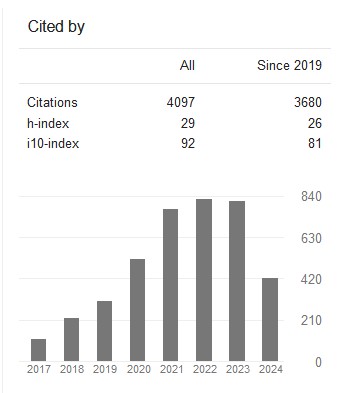A Study on the Performance of Mutual Fund Scheme in India( Vol-5,Issue-6,June - June 2019 ) |
|
Author(s): Dr. Tapan Kumar Samanta |
|
Keywords: |
|
|
Mutual Fund, Average Return, Standard Deviation, Beta, Alpha, Coefficient of Determination. |
|
Abstract: |
|
|
A mutual fund is a trust that encompasses the savings of a number of investors who share a common financial goal. The money thus collected is then invested in capital market instruments such as shares, debentures and other securities. The income earned through these investments and the capital appreciation realized is shared by its unit holders in proportion to the number of units owned by them. Thus, Mutual Fund is one of the most effective instruments for the small & medium investors for investment and offers opportunity to them to participate in capital market with low level of risk. It also provides the facility of diversification i.e. investors can invest across different types of schemes. Indian Mutual Fund has achieved a lot of popularity since last two decades. For a long time UTI enjoyed the monopoly in mutual fund industry. But with the passage of time many new players came in the market and thus the mutual fund industry faces a lot of competition. Now a day this industry has become the major player of the financial system. Therefore it becomes important to investigate the mutual fund performance at continuous basis. The wide variety of schemes floated by these mutual fund companies gave wide investment choice for the investors. Among wide variety of funds equity, diversified fund is considered as substitute for direct stock market investment. In present paper an attempt has been made to investigate the performance of the open ended, growth oriented, equity diversified schemes on the basis of return and risk evaluation. The analysis was achieved by assessing various financial tests like Average Return, Standard Deviation, Beta, Coefficient of Determination (R2), Alpha, Sharpe Ratio and Treynor Ratio whose results will be useful for investors for taking better investment decisions. The data has been taken from various websites of mutual fund schemes and from amfiindia.com. The analysis depicts that majority of funds selected for study have outperformed under Sharpe Ratio as well as Treynor Ratio. |
|
Cite This Article: |
|
| Show All (MLA | APA | Chicago | Harvard | IEEE | Bibtex) | |
Share: |
|

 DOI:
DOI: 



























